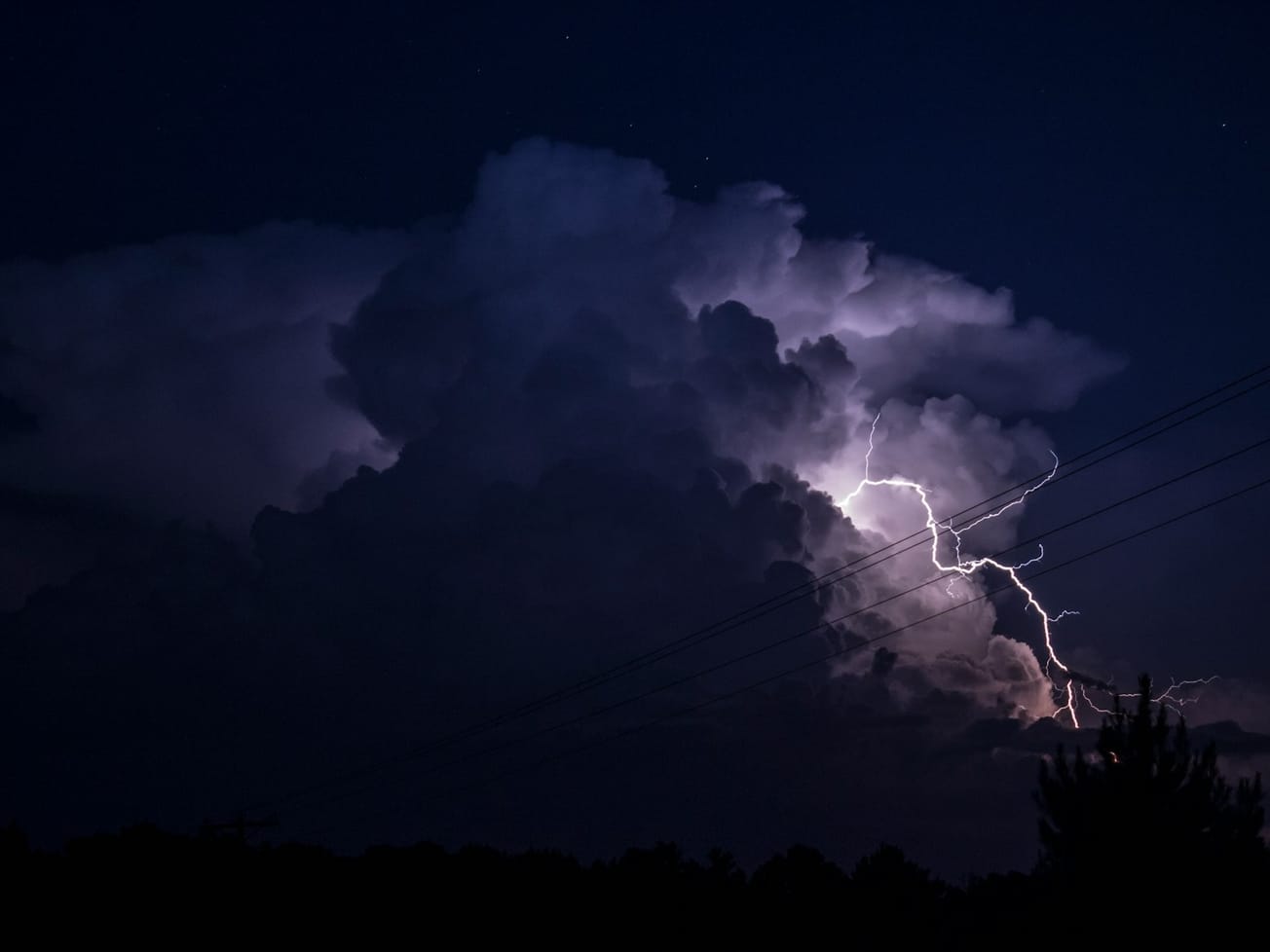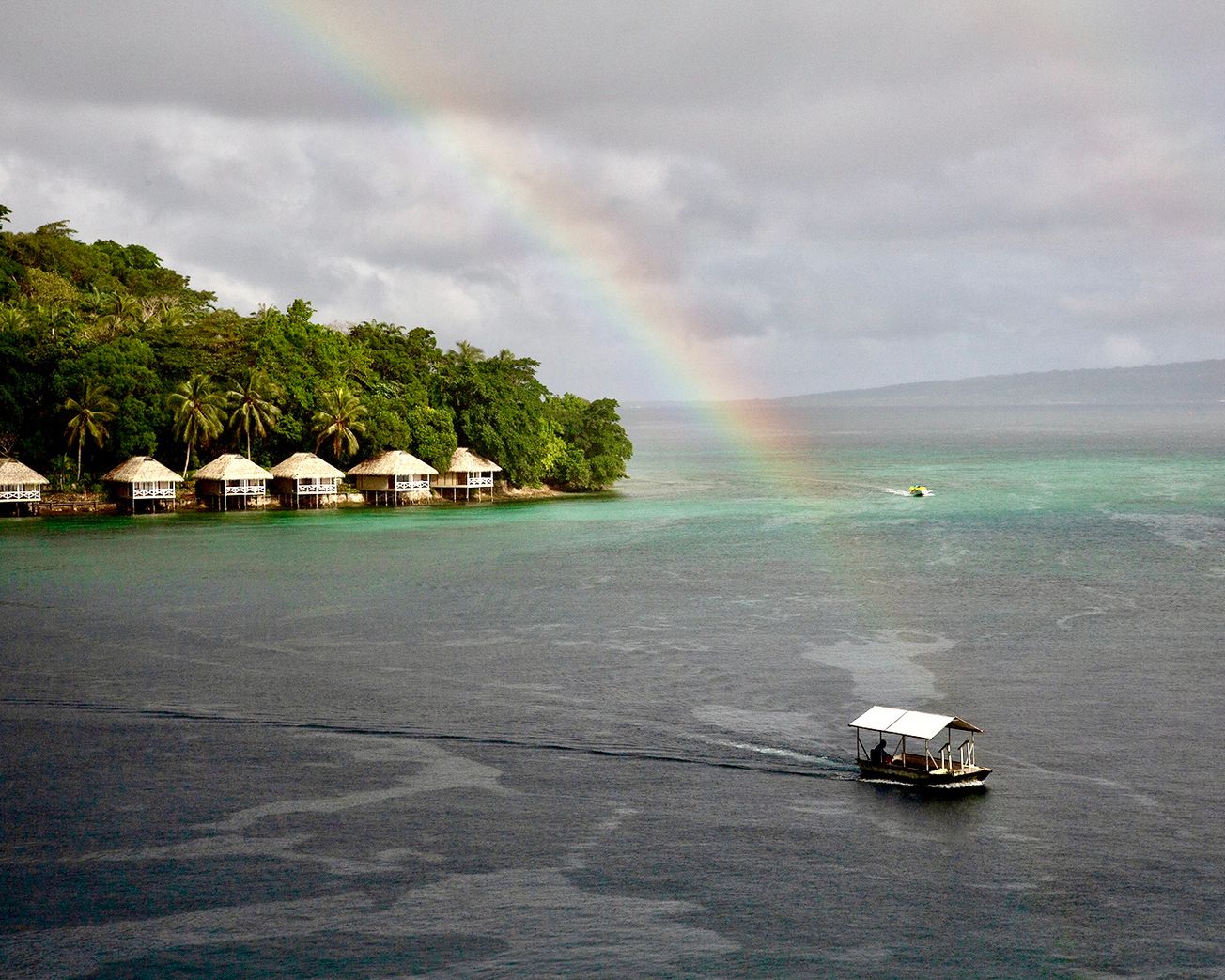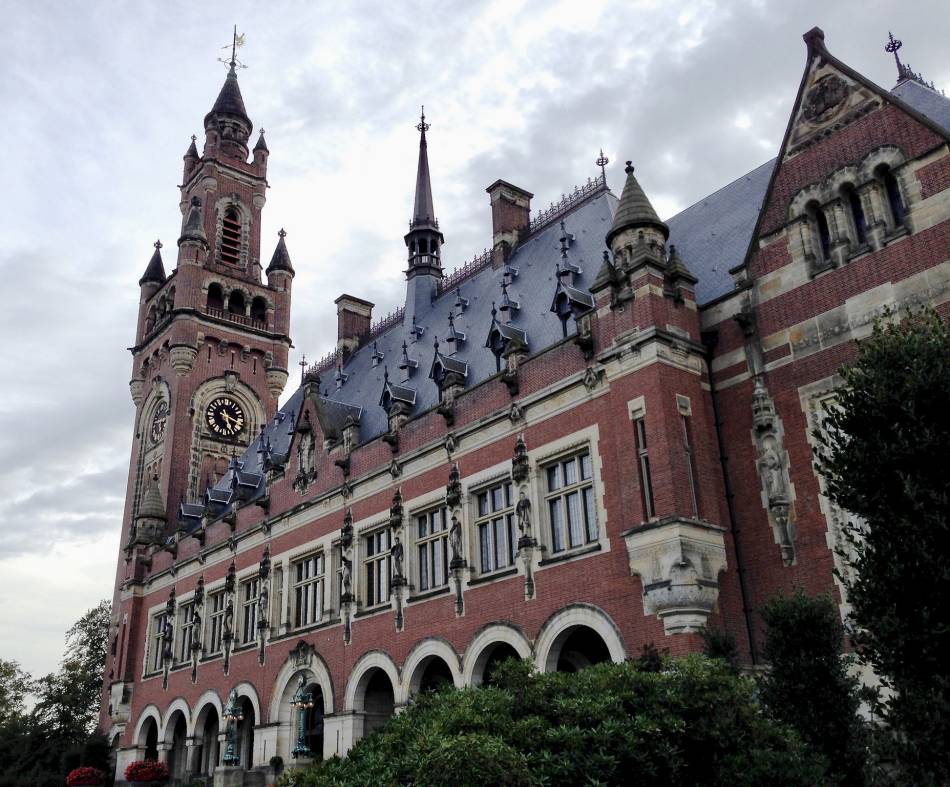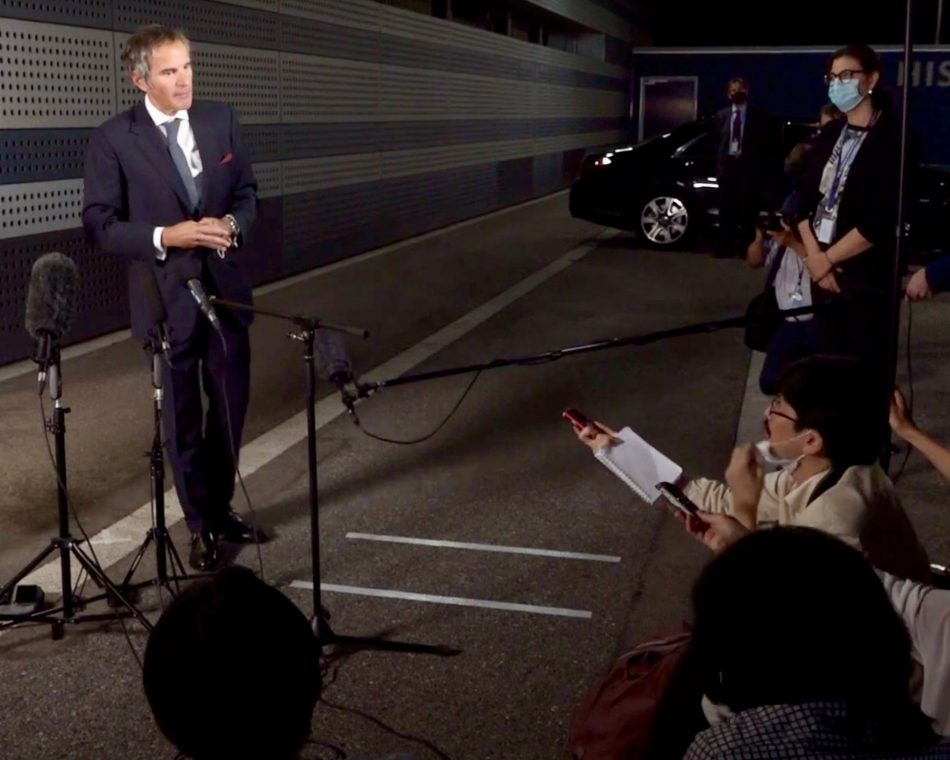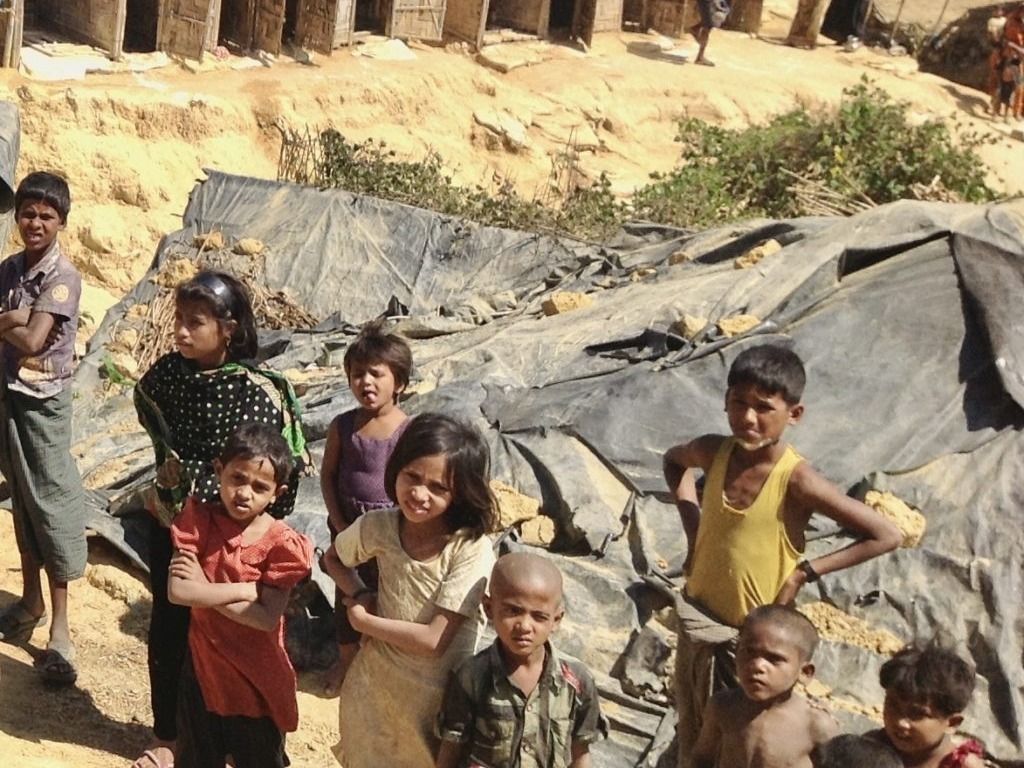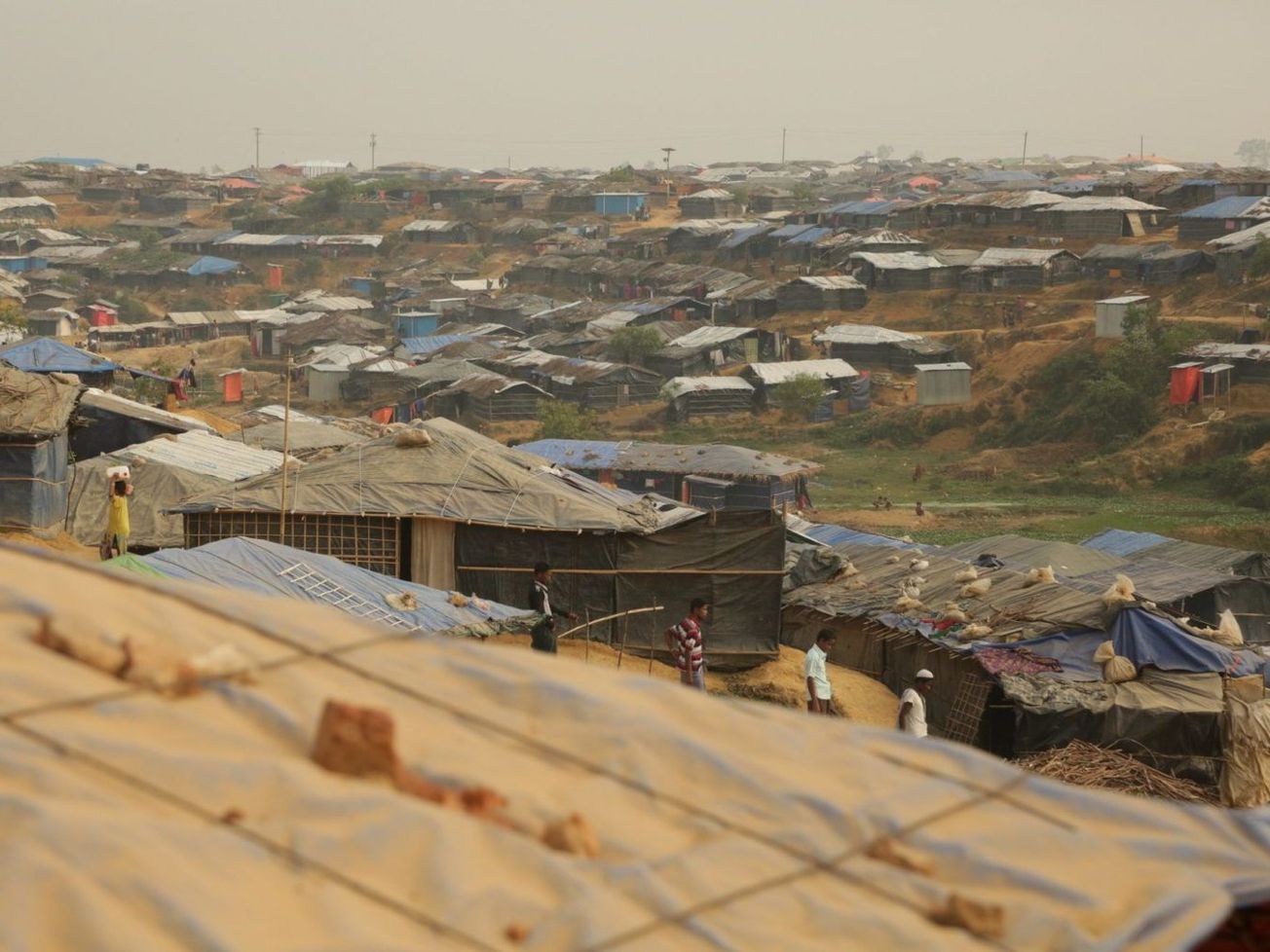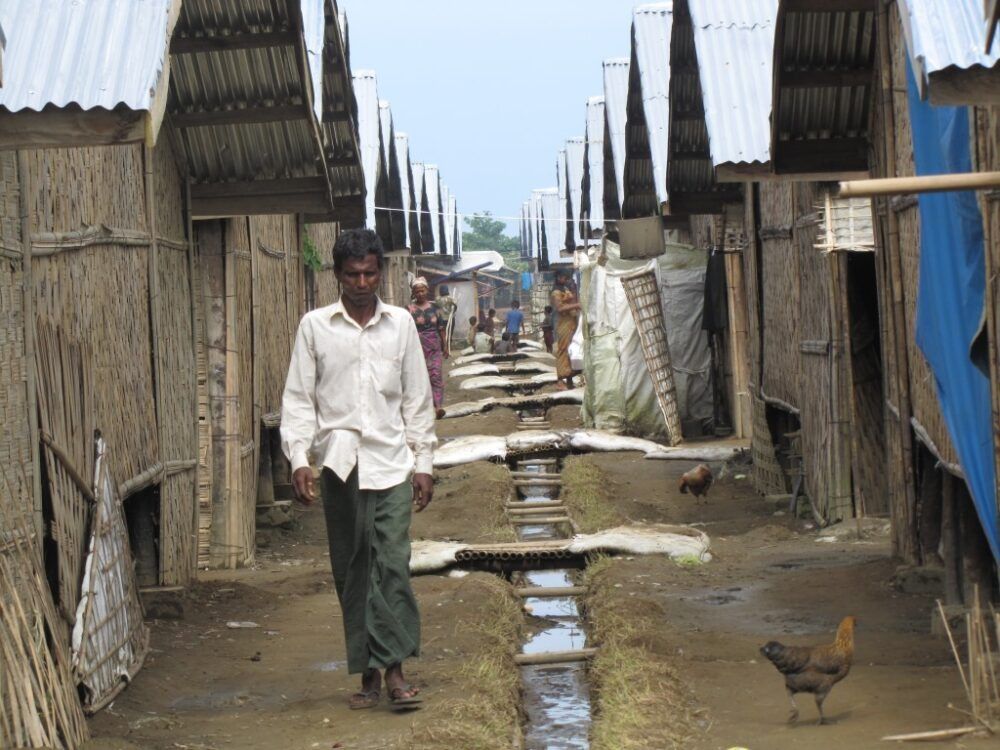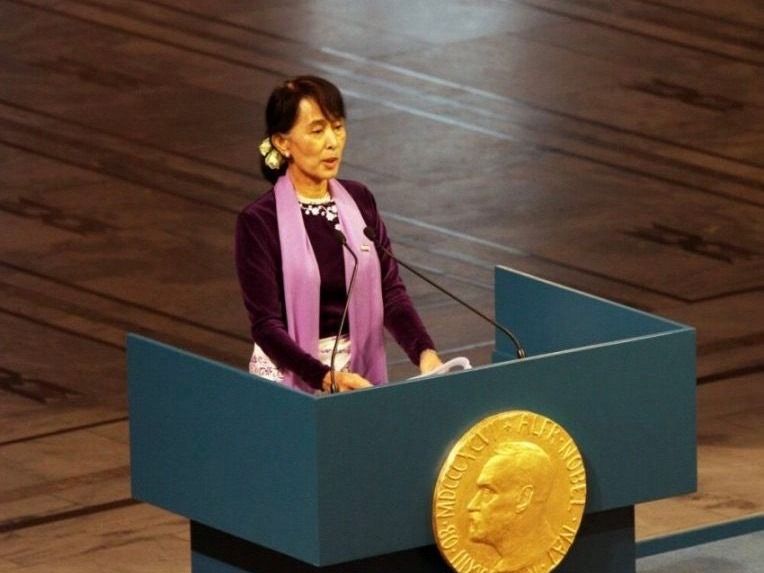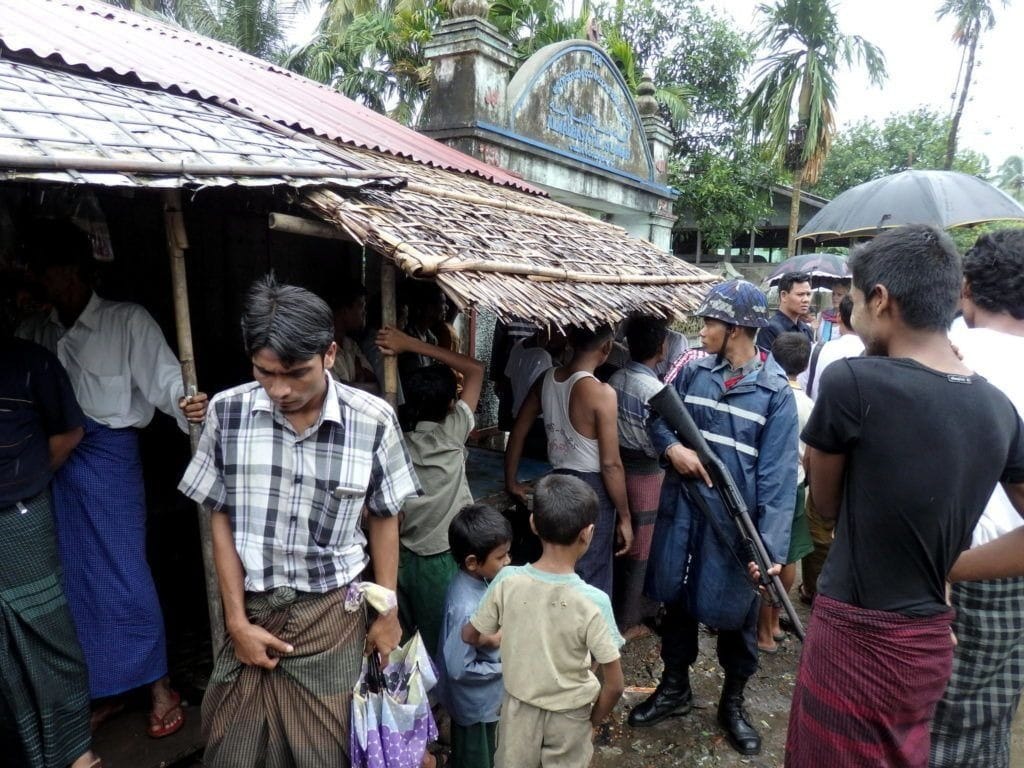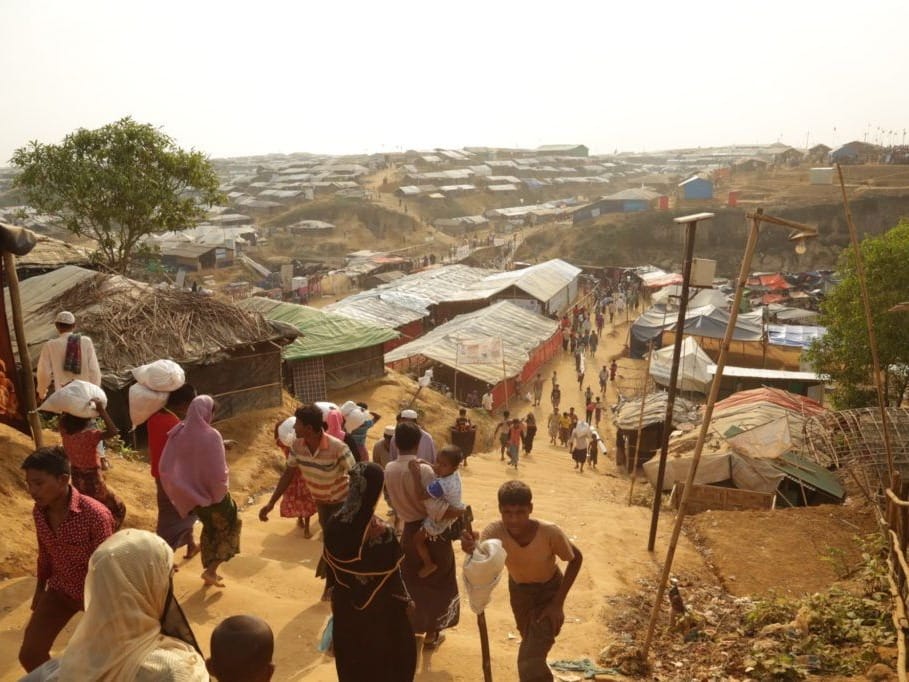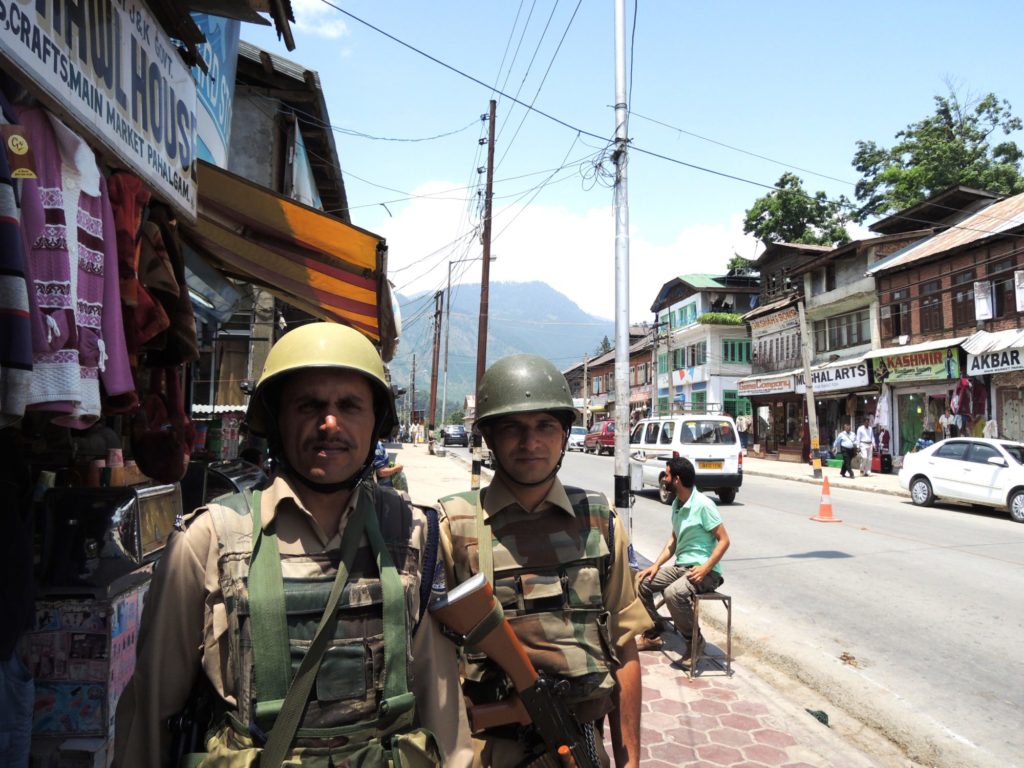
'World Court' gains new judges and Russia loses seat with U.N. election
The election adds only the sixth female judge and denies Russia a seat for the first time in the court's 77-year history.
Already have an account? Log in
The election adds only the sixth female judge and denies Russia a seat for the first time in the court's 77-year history.
As climate litigation increases, the body of legal precedent grows, forming an increasingly well-defined field of law.
The European Court of Human Rights heard two climate cases brought by citizens against Swiss and French authorities.
The ICJ is being asked for a legal opinion on nations' legal obligations to fight global warming – and the consequences if they don't.
The ICJ ordered Russia to halt its invasion of Ukraine in a legally binding decision that is mainly symbolic because there is no direct means of enforcing it.
The head of the U.N. atomic watchdog agency and Iranian top officials announced Tehran will give international inspectors reduced access to nuclear sites.
ICJ ruled it has jurisdiction to hear Iran's case challenging the U.S. economic sanctions reimposed by the former Trump administration in 2018.
ICJ ruled it has jurisdiction to settle a border dispute going back to colonial-era claims over a resources-rich jungle region between Guyana and Venezuela.
Four judges from China, Japan, Slovakia and Uganda were re-elected to the International Court of Justice, while a German candidate won the fifth open slot.
Officials sounded the alarm after the first COVID-19 infections were detected at the world's largest refugee settlement for Rohingyas in Bangladesh.
A U.N. human rights investigator urged the world body to "step up its efforts" to protect ethnic and religious minorities from the Myanmar military.
The International Court of Justice ordered Myanmar's government to do everything it can to prevent more atrocities and genocide against the Rohingyas.
Once an icon of democracy, Aung San Suu Kyi went to the International Court of Justice to deny Myanmar's military committed genocide against Rohingyas.
Myanmar leader Aung San Suu Kyi will head to the U.N.'s top court next month to challenge its prosecution of an alleged military-led genocide of Rohingyas.
A special U.N. fact-finding mission urged the world to hold Myanmar's military responsible for "genocidal acts" against the Muslim Rohingya minority.
Prodded by China and Pakistan, the U.N. Security Council held a closed-door discussion on the Indian-controlled region.
